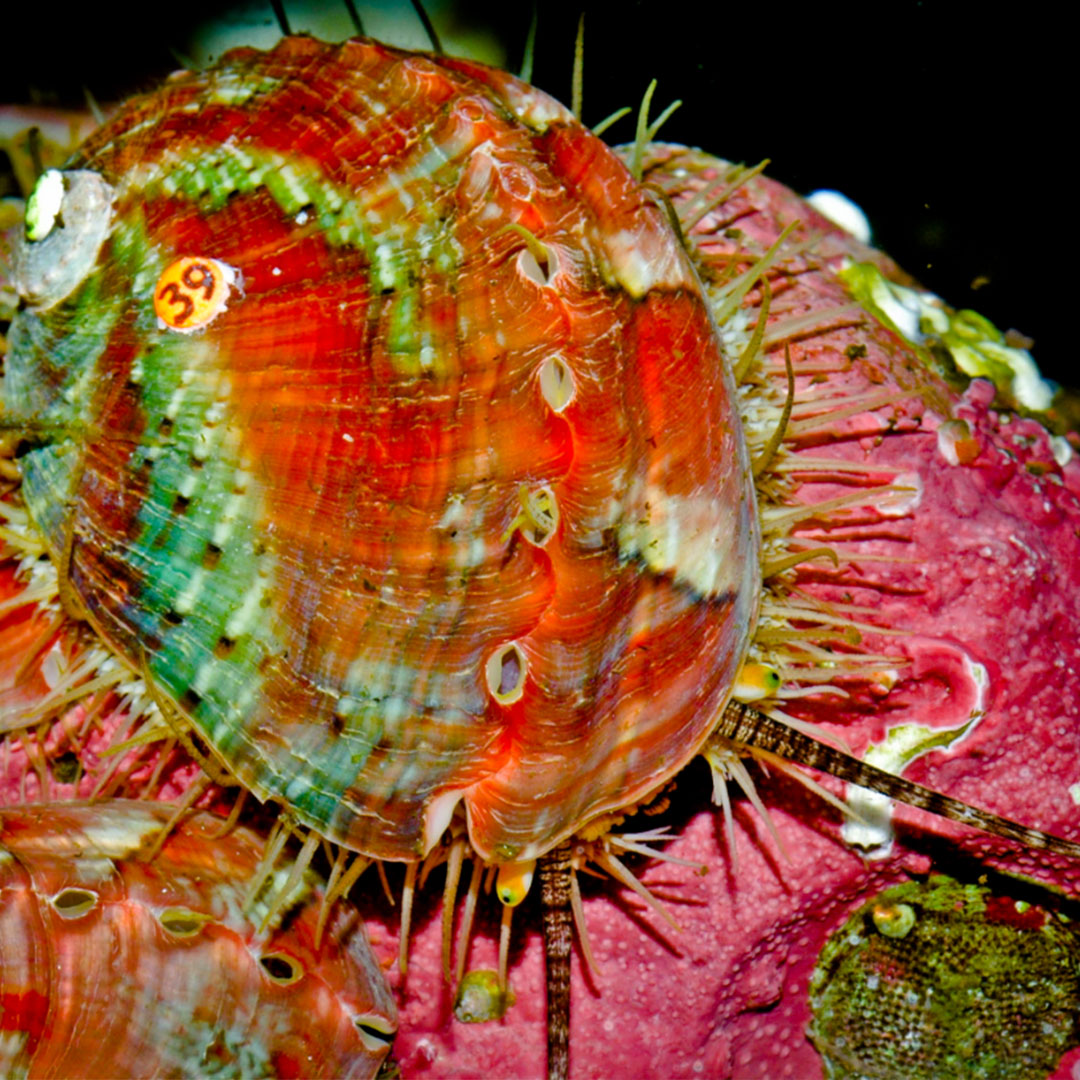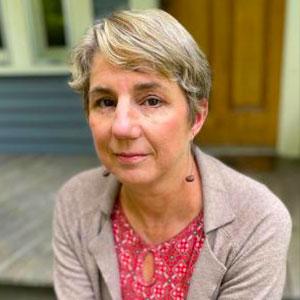Restoring the Iconic Pinto Abalone in the Salish Sea

WHEN
Thursday, February 10, 2022
4:30-5:30 p.m. PT
LOCATION
Online
Zoom
PRICE
Free
Check out this video to watch the Restoring the Iconic Pinto Abalone in the Salish Sea.
Environmental Speaker Series
Brought to you by the College of the Environment, the College of Science and Engineering, and the Salish Sea Institute in partnership with the WWU Alumni Association
Populations of the native Pinto abalone, Haliotis kamtschatkana, have declined precipitously in the Salish Sea during the past few decades due to overexploitation. Despite fisheries closure, populations have not recovered because they are too small for reproduction to occur in the wild. Dr. Donovan's lab collaborates with the Puget Sound Restoration Fund and government agencies to restore abalone populations in the Salish Sea. In this talk, Dr. Donovan will report the results of WWU student projects focused on three aspects of restoration: optimizing rearing of juveniles at the hatchery, outplanting larval or juvenile abalone, and monitoring abalone at outplant sites.
More information about the speaker series is available here, and past Environmental Speaker Series recordings are available here.
We are excited that we will be live-streaming from a WWU classroom for the webinar for our off-campus audience. Due to the pandemic, only WWU students will be in-person for the presentation but we look forward to welcoming you all to class virtually.
We have moved to a new event system! We encourage you to create a new profile and login when you register for this and future events, however, you are not required to login to register. If you have any questions or concerns, feel free to contact us at alumni@wwu.edu and we will help you update your information. Thank you for joining us, and we'll see you soon!

Dr. Deb Donovan
Speaker
Dr. Deb Donovan completed her PhD at the University of British Columbia where she studied the energetics of locomotion of the Pinto abalone, Haliotis kamtschatkana. She is generally interested in how marine invertebrates physiologically and morphologically respond to environmental change. Her research has come full circle and her lab is currently focused on Pinto abalone restoration, since local populations have declined precipitously in the last few decades. Dr. Donovan holds a joint appointment in the WWU Biology Department and the Science, Mathematics, and Technology Education Group. She enjoys running, knitting, weaving, and spending time with her family.
Questions and Accommodations

Stefan Freelan is the coordinator of the Environmental Speaker Series. Send email to stefan@wwu.edu or call (360) 650-2949 if you have any questions or comments.
There will be auto-captions available for this event.